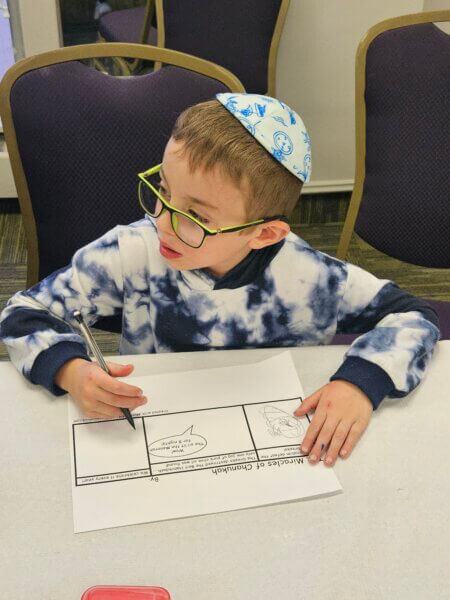VOLUME 97 NUMBER 2
July 23, 2021
Av 14, 5781
PARSHAS VA’ESCHANAN
Candlelighting Time 8:03 PM
The nation is prepared to enter into the Land of Israel and at this juncture we unfortunately realize that Moshe will not accompany them. When he struck the rock instead of speaking to it, his error literally cost him his life. Hashem decreed that he should not enter the land and now, Moshe attempts to annul that harsh judgement. He approaches Hashem with hundreds of prayers but to no avail, they are all rejected and Moshe must face the fact that he is unable to nullify the decree against him. Rashi explains that Moshe prayed to Hashem asking that he qualify for a dissolution of the verdict as a gift. As great as Moshe was, he didn’t rely on his ‘credentials’ as a righteous individual, rather he beseeched Hashem that in His infinite mercy he should be permitted to enter despite his earlier mistake. However, the question arises since Moshe could have relied upon his unparalleled record of mitzvos why indeed did he not do so? Furthermore, the commentators ask that even someone of the stature of Moshe, still in the eyes of Hashem the efforts of mortals do not actually measure up. Therefore, how can the Midrash state that Moshe could have truly pleaded his case in that manner?
Kli Yakar understands that even though the righteous do indeed have a superior record of performance their pleas actually focus on the future. Since in the past they were so impassioned to fulfill their commitment to Hashem and the Torah, therefore, they plead that they should be entitled to advance their life’s mission to further serve Hashem. And, as the Talmud states, Moshe wanted to observe those mitzvos that can only be accomplished in Israel. Therefore, it behooved Moshe to utilize that method, however due to his humility he rejected to daven to Hashem in that manner.
Rashi further explains that since they had conquered the lands of Sichon and Og, the two major military powers in that area, therefore Moshe thought that the decree had been annulled. Why did this occur to Moshe since Hashem had castigated him and barred him from leading the people into Israel. Kli Yakar continues that the essence of Moshe’s mistake in hitting the rock was because he minimized Hashem’s omnipotence. Would he have learned Torah in front of the rock as he was commanded and water would have gushed out, that would have been a much greater demonstration of Hashem’s might. Therefore, Moshe reasoned that during the wars that he waged against those two formidable kings he stopped the sun to allow for more time to fight. That display of Hashem’s greatness far outweighed what he had not done by the rock. However, he erred and nonetheless once the decree was instituted it could not be ignored.
Rashi also mentions that Moshe attempted to employ Hashem’s attribute of infinite mercy even when absolute judgement is in place. How would that have worked? Perhaps we can suggest that even though Moshe had exceedingly blundered, however, once he had ‘rectified’ his slipup as we mentioned, perhaps the decree no longer pertained to him. After all, he had ‘adjusted’ his position and through prayer as well had transmuted himself into an elevated status which did not resemble the Moshe who had initially erred. However, the severity of his mistake was such that even that line of reasoning was not able to be applied.
Perhaps we can glean from this entire unfortunate episode the need to be ever so cautious with our actions. We never can realize the far-reaching effects of what we say or do and therefore much thought is required before we act. Especially now as we leave the mourning period of the Three Weeks and slowly begin the ascent to the Day of Judgement, Rosh Hashanah, this theme should be ever-present in our attitude.
A BYTE FOR SHABBOS
Hashem communicated with the people through Moshe. He actually ‘funneled’ his speaking to them through the voice of Moshe. Their disobedience of Moshe was therefore viewed as a direct ignoring of Hashem. MESHECH CHOCHMA
GOOD SHABBOS


